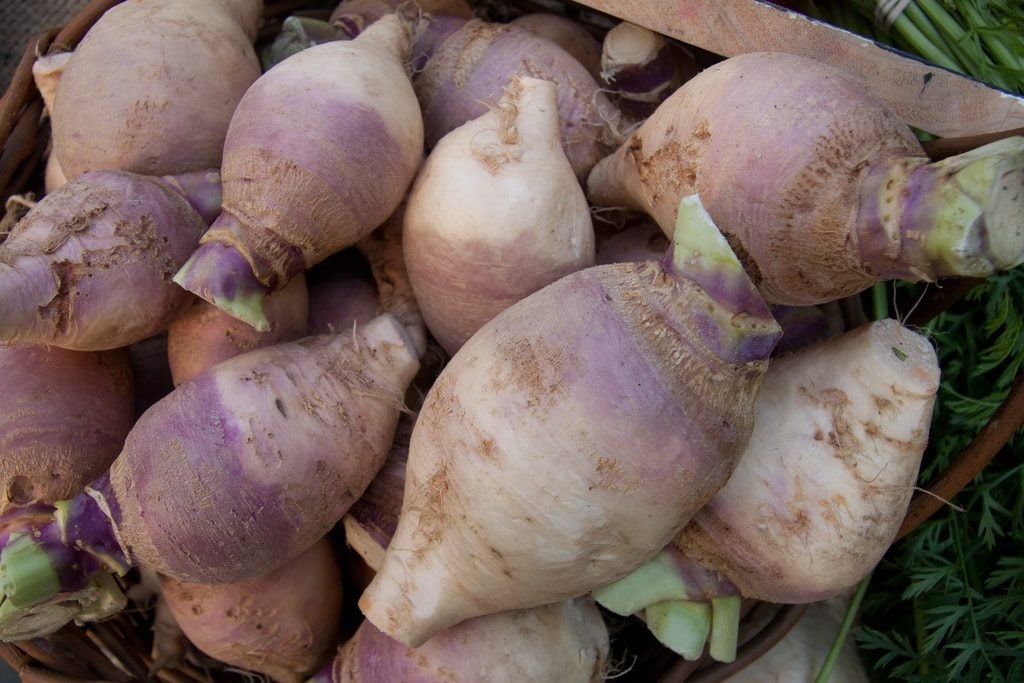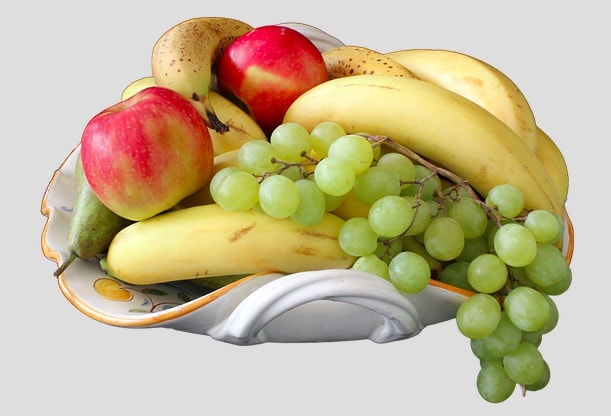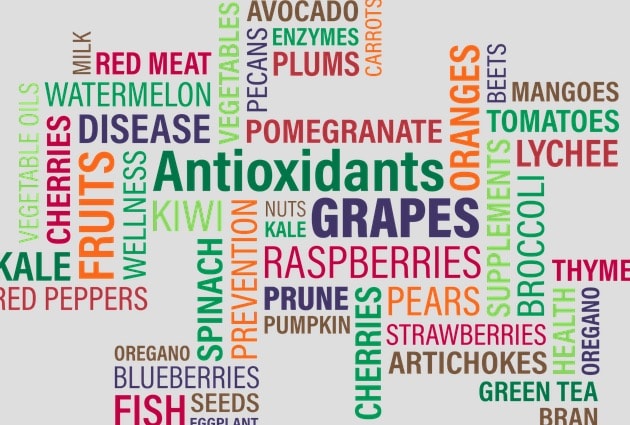Introduction
Rutabaga (Brassica napus L. var. napobrassica) is a root vegetable which is a cross between a cabbage and a turnip. In Europe, this purple tuber is possibly best known as one of the two key ingredients in the traditional Scottish dish “neeps and tatties.” It has been purported to fight cancer, boost the immune system, and help with digestion.
Anytime I am researching a topic for #Healthy But Smart, I buy the product to try it out myself. I don’t love the taste of rutabaga, but I added it to my shopping list to do my due diligence. Maybe my adult palate would love rutabaga, but as a kid, I certainly hated it.
I was doing my weekly shopping in a speciality food store in my neighborhood that imports high-quality organic food from across the globe to cater to the more affluent demographic in my hometown. The store owner is a die-hard foodie. When I asked him for rutabaga, he mimicked a Scottish accent and said, “Ah lassie, is it Brigadoon you’re looking for? Now, why would I stock swine fodder.”
Great question. Why would he stock rutabaga? Is rutabaga a science-backed functional food, or does it belong in the mythical realm of Brigadoon?
What Is Rutabaga?
Brassica is a genus of plants that belong to the mustard family. Cruciferous vegetables, cabbages, and mustard are categorized under the Brassica umbrella.
Rutabaga is a relatively new member of the Brassica family by evolutionary standards. It is actually a diploid of Brassica rapa and Brassica oleracea. It has three main uses: as an edible oil (rapeseed oil), as animal fodder (swine food), and as a vegetable for humans.
Rutabaga grows well in temperate and sub-tropical regions in Europe, Australia, China, South Africa, and the Americas. It is an economically important crop for many countries. Revenue for rutabaga for China alone exceeds 6 billion US dollars per year.
This widespread cultivation of rutabaga comes with an ecological cost. Rutabaga plays host to a range of pathogens that come with very descriptive names such as clubroot, downey mildew, sclerotinia stem rot, and blackleg. These pathogens can infect not only rutabaga but can cross over into other plant species (1). Not exactly great for the environment.
Rutabaga has three separate parts: seeds, roots, and sprouts.
It can be boiled, roasted, juiced, or used to make kimchi.
Rutabaga has a tough texture which limits raw rutabaga to shavings or juicing (except for hardcore die-hard raw foodies).

Cooked rutabaga contains (per 100gm) (2):
- Water g 91.54
- Energy kcal 30
- Protein g 0.93
- Total lipid (fat) g 0.18
- Carbohydrate g 6.84
- Fiber, total dietary g 16
- Sugars, total g 3.95
- Calcium mg 18
- Iron mg 0.18
- Magnesium mg 10
- Phosphorus mg 41
- Potassium mg 216
- Sodium mg 5
- Zinc mg 0.12
- Vitamin C mg 18.8
- Thiamin mg 0.082
- Riboflavin mg 0.041
- Niacin mg 0.715
- Vitamin B-6 mg 0.102
- Folate µg 15
- Vitamin B-12 µg 0.00
- Vitamin A µg 0
- Vitamin A IU 2
- Vitamin E mg 0.24
- Vitamin D (D2 + D3) µg 0.0
- Vitamin K µg 0.2
- Fatty acids g 0.029
- Fatty acids g 0.027
- Fatty acids, total polyunsaturated g 0.095
Is There Any Research?
There are 6,000 studies on rutabaga but only 16 clinical trials. With the exception of one study, all of these trials relate to using rutabaga as animal fodder (aka swine food). My foodie shop owner friend was right (as always).
To put this into context, there are over 14,000 publications on the Brassica genus, including more than 200 clinical trials.
Here’s the odd part. The single human clinical trial on rutabaga has nothing to do with any of the purported benefits of rutabaga for fighting cancer, boosting the immune system, and helping with digestion. The human clinical trial looks at rutabaga-derived rapeseed oil in people with the metabolic syndrome.
Bottom Line
We probably know more about the mythical land of Brigadoon than we do about rutabaga.
Does Rutabaga Help Prevent Cancer?

A pre-clinical study from Poland compared the cytotoxic effects of rutabaga seeds, roots, and sprouts on mammalian cells (3). The study found that rutabaga phenolic extracts (especially 8-day sprouts) inhibited the growth of the Hep G2 tumor cell line. This study was first presented at a conference in 2011 and subsequently published in the Journal of Medicinal Food in August 2013.
This journal has a very low impact factor of 1 as compared to the New England Journal of Medicine, which has an impact factor of 75. The Journal Impact Factor (IF) is a measure reflecting the average number of citations to articles published in science and social science journals.
It is used as a metric for the relative importance of a journal, with journals with higher impact factors considered to be more important than those with lower values. Suffice to say – no one was terribly interested in the results of this study at the time of publication or since.
Bottom Line
There is no human (or animal) study linking rutabaga to cancer prevention.
Does It Improve Digestion?
Rutabaga is a source of fiber and, as such, could be said to aid digestion. To compare gram for gram, a bowl of All-Bran cereal contains twice as much fibre as rutabaga (32gm/100gm versus 16gm/100gm).
Actual studies on rutabaga and digestion are limited to pigs who had their small bowels cannulated and were tube-fed rutabaga and other “swine fodder” directly into their digestive tracts (4). Pigs (especially the ones with cannulated guts) are not reliable sources of information on rutabaga as a digestive aid.
Bottom Line
There are no studies to support claims that rutabaga improves digestion.
Is It Rich in Potassium?

Rutabaga contains 216 mg of potassium per 100 g. Again, weight for weight, rutabaga does not compare well to bananas, which have 358 mg of potassium (2).
Bottom Line
Rutabaga is a good source of potassium but certainly not the best one.
Does It Boost the Immune System?

There are no studies linking rutabaga to immuno-modulation. Other blogs have used the following logic matrix to link rutabaga to boosting of the immune system:
- Rutabaga is a source of vitamin C
and
- Vitamin C boosts the immune system
∴ Rutabaga boosts the immune system.
The vitamin C content of rutabaga is about the same as that of mandarin oranges. Given a choice, I would opt for the juicy tasty mandarin orange any day.
Bottom Line
There is no proof that rutabaga is an immune-boosting “superfood.”
Does It Have Antioxidant Effects?

Again, there are no studies to draw on to help us with the question of whether rutabaga has antioxidant effects. Again, other bloggers use the following (flawed) algebraic deductions:
- Rutabaga is a source of carotenoids
and
- Carotenoids are potent antioxidants
∴ Rutabaga is an antioxidant.
Bottom Line
There is too little information available on the specific carotenoid content of rutabaga to make a call on its antioxidant effects.
The One Human Clinical Trial

A Finnish trial enrolled 43 men (aged 30 to 65 years) with the metabolic syndrome. The trial design was an open-label, randomized, crossover trial (5). Study participants were randomly allocated either 37.5 mg of butter or 35 ml of rapeseed oil for 6 weeks. During the study period, they were not allowed to make any other changes to their diet or physical activity.
Following a wash-out period of 8 weeks, study participants swopped over to either butter/rapeseed oil (depending on their initial allocation). In this way, each patient acted as their own control.
Only 37 patients finished the study, as 6 patients withdrew due to side effects. The study used an “on-treatment” statistical analysis, which is a bit of a cheat. “Intent to treat” (ITT) is generally considered to be superior to “on treatment” (OT), as it captures what really happened and gives the full picture.
It is highly relevant that 6/43 (almost 14%) of patients withdrew from the study. The available statistical analysis showed a statically significant reduction in total cholesterol (8%) and LDL cholesterol (11%). There was no statistically significant difference in arterial elasticity.
Clarification: This study is the only human clinical trial that shows up on Pubmed for the search term “Brassica napus.” I mention the study for the sake of completeness. However, the study uses rapeseed oil and not rutabaga. I agree that rapeseed oil is a derivative of rutabaga, but I don’t want to fall into the trap of using false logic like other bloggers. It would not be very scientific to reverse-engineer and extrapolate data on rapeseed oil to rutabaga.
Bottom Line
A single study showed some benefit of rutabaga-derived rapeseed oil on lipid profiles in men with the metabolic syndrome. However, the statical analysis used in the study was sub-optimal, and it is unscientific to extrapolate results from rapeseed oil to rutabaga itself.
Is Rutabaga Safe?
There is emerging data that rutabaga-derived rapeseed oil is a potential allergen, especially in children with atopic skin conditions (6). Aha, I know what you are thinking. I just said that it is unreasonable to extrapolate data from rapeseed oil to rutabaga, and here I am doing just that. Well observed.
We use different rules when interpreting safety data versus efficacy data. The burden of proof is entirely different. Safety concerns on derivative products (such as rapeseed oil) are highly relevant to the parent product (rutabaga). This is especially the case for allergies.
“Above all else do no harm” is the credo.
Allergies can be triggered by minute amounts of the allergen. Therefore, we take any possible exposure to potential allergens seriously and join the dots between parent and derivative and between derivative and parent.
Efficacy is different. Efficacy is usually dose-related. A highly concentrated oil extract may contain higher concentrations of nutrients to the parent compound and may, therefore, exert a therapeutic effect which is not seen with food doses of the parent compound. (I can’t imagine many people eating too many rutabagas in one sitting.)
While the oil extract may contain a higher concentration of nutrients than the parent compound, either the oil or the parent compound could trigger an allergic reaction once the issue of allergy has been raised.
In general, brassica vegetables are naturally high in calcium and magnesium. If I were to use the algebraic deductions used by other bloggers, then I would say:
- Brassica vegetables are rich sources of divalent cations
- Divalent cations are good for you
∴ Rutabaga is good for you.
Well, my logic would not hold up because of a process known as “rhizomediation” (7). One “rhizomediation study” planted rutabaga in soil contaminated with zinc, calcium, and diesel.
The rutabaga absorbed the soil contaminants and improves the soil quality. From my perspective, no matter how much calcium and magnesium I could get from a rutabaga, I definitely don’t want to eat one of those “rhizomediation” rutabagas. I’m not big into eating soil contaminants, and I am on a low-diesel diet right now.
Conclusion
This “lassie” still does not like the taste of rutabaga and remains utterly unconvinced that rutabaga should be used for anything other than swine fodder.

Leave a Reply